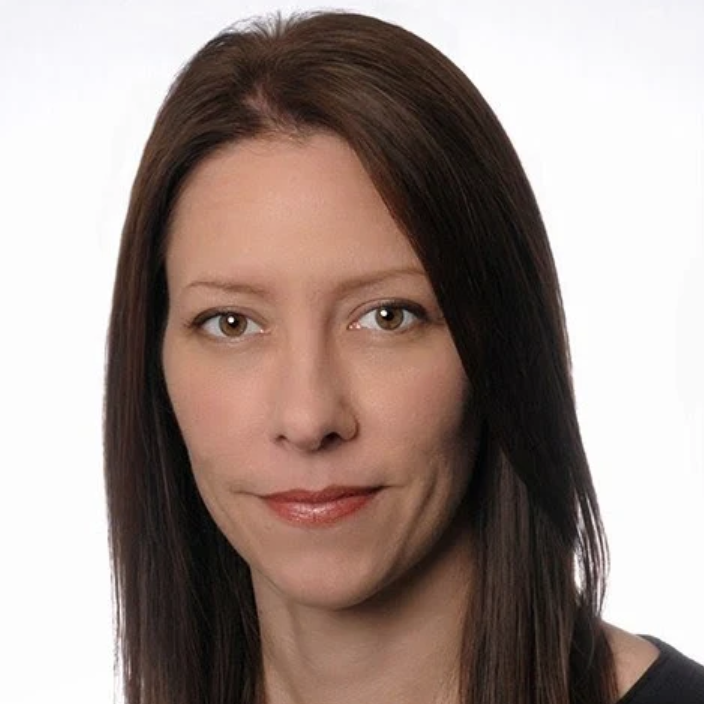The Seventh International Conference on Writing Analytics: Broadening the Community
Sponsors:
- Journal of Writing Analytics
- North Carolina State University
- The Ohio State University
- University of South Florida (host)
The conference explored innovation in writing analytics, with special attention to broadening our community. The conference organizers invited presentations on present research findings and new directions for research.
Where: University of South Florida, St. Petersburg
When: January 25 and January 26, 2019
Conference Hotel: Hampton Inn and Suites, 80 Beach Drive NE, Downtown St. Petersburg. For reservations, call 727-892-9900 (Group code USI, rate $159). Rooms and rate available until January 1, 2019.
Registration: Participants $200.00; Graduate Students: $50.00
Proposal Deadlines: Due November 16, 2018 (see the call for proposals).
Notification of Acceptance: November 30, 2018
Conference Program: View
Call for Proposals
The conference will explore innovation in writing analytics, with special attention to broadening our annual conference community. We invite presentations on present research findings and new directions for research. This year, the conference especially invites presentations on the following themes:
- How may the stakeholder community of writing analytics be better understood? This theme will be devoted to the kinds of disciplinary knowledge and multidisciplinary collaborations that are needed to expand the body of knowledge associated with our community.
- Who are the stakeholders of writing analytics? Traditionally, we think of key educational stakeholders as the following: advisory boards, administration, faculty, parents, professional organizations, students, and the public. These groups, however, may need to be expanded when we think of information use and research impact.
- How might writing analytics be more widely communicated to stakeholders? Conference presentations, peer-reviewed articles, and book chapters are common ways to distribute research findings. Yet these vehicles are limited to academic stakeholders. Needed is a new communication taxonomy for writing analytics.
- How may we better understand the consequences of our research for student learning? Many web-based platforms are now using archival and real-time analytics for feedback. Little is known however, regarding the impact of these platforms and the information they contain diverse student groups.
Accepted conference presentations will be invited to work with the editors of Journal of Writing Analytics to propose and develop manuscripts for publication in Volume 3.
See the full call for proposals.
Workshop
This year, the conference will feature a workshop for those new to writing analytics. With tools such as Voyant, AntConc, and Provalis’ QDA Miner, analysis of student behavior and texts is more user-friendly than ever before. Included as part of the conference fee, this workshop will address both software packages and design issues in writing analytics. The workshop will be led by Susan Lang, The Ohio State University, and her colleagues.
Featured Speakers
Writing Analytics for the Agile WPA, Susan Lang, The Ohio State University
.jpg) What does it mean to be an agile WPA? Elsewhere, I've argued that to innovate is not the hardest task for a WPA--sustaining that innovation is much more challenging. This talk will discuss what data is likely available to many WPAs and how one might leverage it, along with textual and numeric data unique to your programs, to sustain innovative and sound practices or to advocate for change
What does it mean to be an agile WPA? Elsewhere, I've argued that to innovate is not the hardest task for a WPA--sustaining that innovation is much more challenging. This talk will discuss what data is likely available to many WPAs and how one might leverage it, along with textual and numeric data unique to your programs, to sustain innovative and sound practices or to advocate for change
Adapting Writing Analytics to a Study of Text Recycling in STEM Disciplines, Cary Moskovitz, Duke University; Ian Anson, University of Maryland, Baltimore County; Chris Anson, North Carolina State University



Writing Analytics and English Language Learners: Evaluating Text Complexity when Developing Technology-Enhanced Items, Maria Elena Oliveri, Educational Testing Service
 When developing content-based assessments, text that is unduly complex may reduce access to the text to diverse populations. In cases when the text is too difficult due to construct-irrelevant language, it can be a source of construct-irrelevant variance and bias. In cases when it is due to content-related vocabulary, scaffolds may need to be integrated in the task to support diverse learners’ skill acquisition. In either case, considerations regarding how to treat complex language in tests need to be made to support the learning of all students. This presentation describes considerations issued by the International Test Commission and Universal Design principles, as well as the use of natural language processing methodologies to analyze text complexity of items and passages during the design of formative assessments. I will provide practical examples of text simplification when items contain construct-irrelevant language, illustrate scaffolds and accommodations that can be integrated in an online task to support diverse learners’ acquisition of construct-relevant language, and propose strategies for researchers to develop scaffolds for diverse learners.
When developing content-based assessments, text that is unduly complex may reduce access to the text to diverse populations. In cases when the text is too difficult due to construct-irrelevant language, it can be a source of construct-irrelevant variance and bias. In cases when it is due to content-related vocabulary, scaffolds may need to be integrated in the task to support diverse learners’ skill acquisition. In either case, considerations regarding how to treat complex language in tests need to be made to support the learning of all students. This presentation describes considerations issued by the International Test Commission and Universal Design principles, as well as the use of natural language processing methodologies to analyze text complexity of items and passages during the design of formative assessments. I will provide practical examples of text simplification when items contain construct-irrelevant language, illustrate scaffolds and accommodations that can be integrated in an online task to support diverse learners’ acquisition of construct-relevant language, and propose strategies for researchers to develop scaffolds for diverse learners.
Pragmatics, Possibilities, and Potential Ethical Pitfalls: The Promise and Perils of Learning Analytics Writ Large, Mike Palmquist. Colorado State University
 Learning analytics—the analysis of data drawn from a wide range of sources including learning management systems, adaptive quiz tools, student information systems, communication tools, and written work among others—has been a growing area of discussion and concern among faculty across the disciplines. Some scholars have pointed to the potential misuse of information produced by learning analytics tools, such as discouraging students from pursuing programs of study in which they are likely (but by no means guaranteed) to fail and drawing inappropriate conclusions about the teaching effectiveness of faculty. Others have argued that learning analytics tools are too immature to be used without a great deal of caution, citing reservations about privacy, the potential commercialization of student data, and the reductivism inherent in any analysis of “big data.” Yet many faculty and administrators see promise in the use of these tools, arguing that it is far too early to draw strong conclusions about their effectiveness, and offering frameworks within which learning analytics can be used without compromising ethics or violating privacy concerns. This presentation will explore how we might pursue the pragmatic and pedagogically beneficial use of learning analytics without falling prey to the ethical challenges it presents. The goal will be to support discussion of how we might better understand and foster the conditions under which learning analytics tools might be used effectively and appropriately.
Learning analytics—the analysis of data drawn from a wide range of sources including learning management systems, adaptive quiz tools, student information systems, communication tools, and written work among others—has been a growing area of discussion and concern among faculty across the disciplines. Some scholars have pointed to the potential misuse of information produced by learning analytics tools, such as discouraging students from pursuing programs of study in which they are likely (but by no means guaranteed) to fail and drawing inappropriate conclusions about the teaching effectiveness of faculty. Others have argued that learning analytics tools are too immature to be used without a great deal of caution, citing reservations about privacy, the potential commercialization of student data, and the reductivism inherent in any analysis of “big data.” Yet many faculty and administrators see promise in the use of these tools, arguing that it is far too early to draw strong conclusions about their effectiveness, and offering frameworks within which learning analytics can be used without compromising ethics or violating privacy concerns. This presentation will explore how we might pursue the pragmatic and pedagogically beneficial use of learning analytics without falling prey to the ethical challenges it presents. The goal will be to support discussion of how we might better understand and foster the conditions under which learning analytics tools might be used effectively and appropriately.
Special Guest: Designing a Common Future for Writing Analytics, Scott DeWitt, The Ohio State University
 This structured, generative session integrates the key conference questions with issues significant to future annual meetings: varied roles for the annual conference; relationships among known fields of research in writing studies and emerging fields in writing analytics; building on existing strengths; multidisciplinary collaboration; making the conference more accessible to all; the role of technology in the annual conference; and co-sponsorship. Building on models used in the Digital Media and Composition Institute over the past thirteen years, Scott will introduce conference participants to new ways of thinking about our common interests and collect information that will help in developing a strategic plan for future conferences.
This structured, generative session integrates the key conference questions with issues significant to future annual meetings: varied roles for the annual conference; relationships among known fields of research in writing studies and emerging fields in writing analytics; building on existing strengths; multidisciplinary collaboration; making the conference more accessible to all; the role of technology in the annual conference; and co-sponsorship. Building on models used in the Digital Media and Composition Institute over the past thirteen years, Scott will introduce conference participants to new ways of thinking about our common interests and collect information that will help in developing a strategic plan for future conferences.

Alaina Tackitt, University of South Florida, Department of English
Conference Coordinator